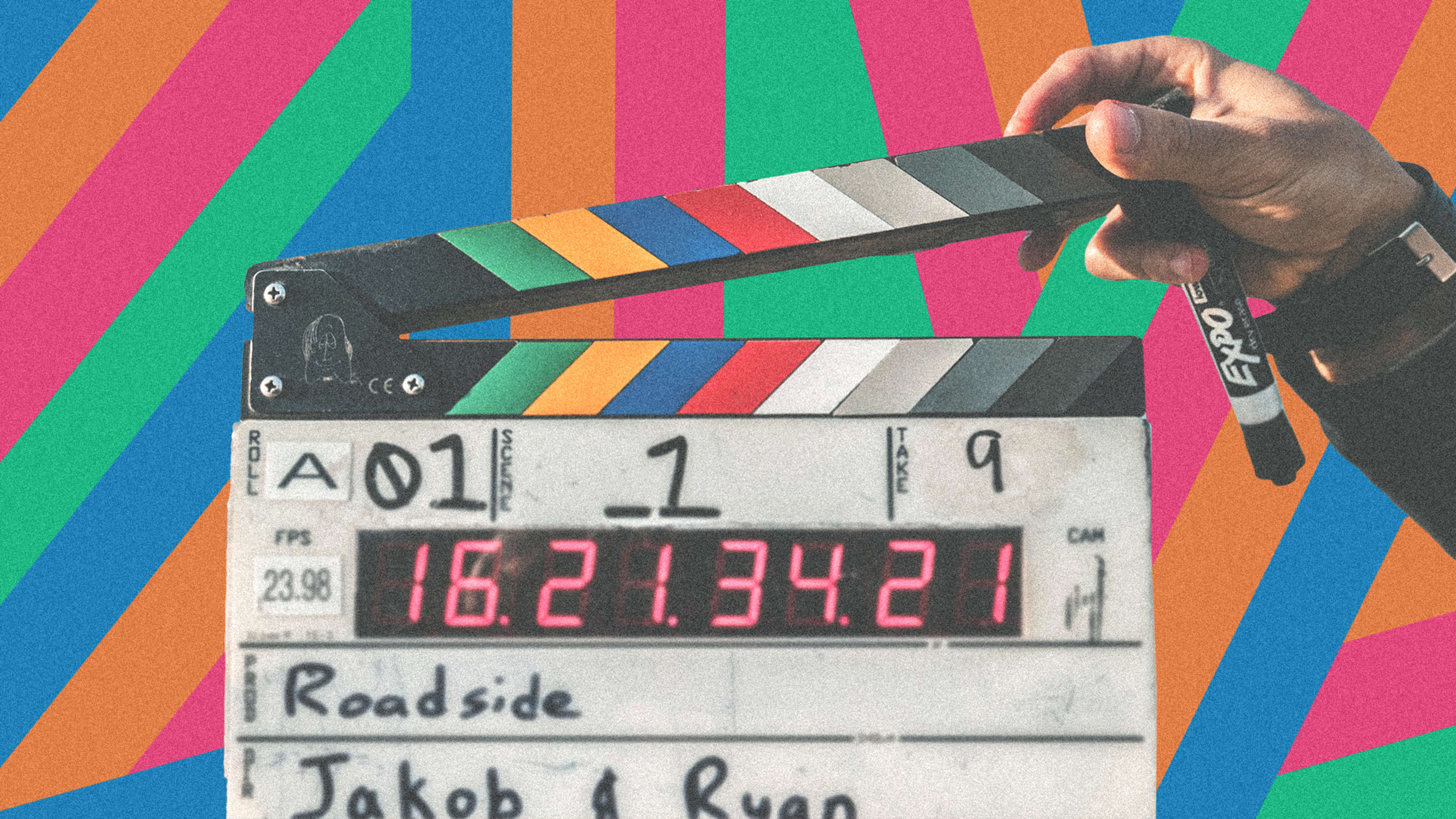Education startup Outlier offers what sounds like an ideal service for the coronavirus era: online courses, taught by university-affiliated professors with credit transferable to traditional universities.
But its video lectures are usually carefully filmed in its New York studios to match a sharp, stark aesthetic that’s somewhat reminiscent of MasterClass, where founder and CEO Aaron Rasmussen was a cofounder and served as creative director. When pandemic shutdowns began, the company joined many others in switching to remote work—including finding ways for its instructors to film lectures at their homes and other quarantine-safe spaces.
During the pandemic, professors at universities and lecturers at online learning institutions have had to quickly become their own video producers. Since most people’s houses aren’t remotely set up to be film studios, and experts on physics and undergrad education understandably aren’t also equipped to suddenly become directors of photography, it’s understandable that plenty of college courses have, like business meetings, become jarringly lit affairs with faces hovering in front of bookcases as cats and children run by. Some studies have found that students generally learn less efficiently from online coursework, and switching from a classroom designed with the acoustic and visual aspects of teaching in mind to a home webcam session is probably not the best for holding the attention of students already dealing with their own quarantine stress, adapting to unfamiliar systems for submitting coursework online, and their own at-home distractions.
For Outlier, which prides itself on creating lecture videos people actually look forward to watching, keeping newly filmed classes up to something close to its usual production standards was critical.

“You remember the fear about even getting things delivered,” she says. “It was very stressful, so we were like, we can just buy, buy, buy.”
The kits of cameras, lighting equipment, microphones, and other gear were put together and sent off to lecturers, and not always without a hitch—instructor Greg Matthews, who is also director of the data science program at Loyola University Chicago, says one package sent to a local mailbox store was somehow misdelivered, spending time on the street outside a neighboring address before someone realized where it was intended to go.
“It was blocking someone’s door,” he says. “Thank God no one threw it out.”

“Medium to dark grey isn’t a very popular paint color,” Plasse says. “We had to change our lighting and we had to change some of our lighting elements to address the fact that the more light that spills off the instructor, the more bright the background gets.”
Tim Chartier, a math professor at Davidson College who worked on Outlier’s introductory calculus class, brought his family into the operation to help with a full day of clearing an office space in their home, followed by another day of setup guided over Zoom by Outlier staff, and a few days of filming painstakingly directed via videoconference.

The process by necessity took on a more homespun approach. Chartier’s wife helmed one camera and his daughter another, while his wife also held the family’s eight-pound dog, prone to noisy pacing. Strategically placed blankets also helped quell ambient noise. Because of sunlight concerns, filming usually started around 7 p.m., and neighbors also agreed to keep their own outdoor lights turned off during filming and not to mind the bright lights coming from inside Chartier’s home.
“Luckily our next door neighbors are very good friends and said they found it fun and comical at the same time,” Chartier says.
Outlier provided deliveries of snacks to keep Chartier’s family members clad in film-crew black fed in their kitchen, turned into a makeshift green room.
“Because of the pandemic, we didn’t go on a family vacation, and in this really odd way, one of the big things of the summer that we talk about is making part of our house into a film studio, like I was the talent and everyone else was the film crew,” he says.

“There’s something very special about the videos that way,” he says.
Not all of the instructors had a suitable space to film at home: Matthews’s wife had just had a baby a few weeks before filming was set to start, for instance, but the family luckily had a rented art studio in Chicago that could be used for filming.
“I basically cleaned out the art studio and set up the video studio with the help of the Outlier team,” Matthews says.
For further filming during the pandemic by instructors who don’t have a handy spot to work, Plasse says Outlier is likely to find good spaces on platforms like Airbnb, sending in prep teams in masks and other protective equipment to get them ready. Ideally, crew members will even be able to be in the same building but isolated through doors from the instructors to avoid contagion risks, she says.
“This gives us the wiggle room to film with instructors who can’t accommodate our style of filming but who we think are important to have in our style of courses,” she says.
As remote learning becomes a reality at many colleges across the country, students have questioned whether it’s worth paying full tuition for classes taught on Zoom. They might instead look to Outlier and its professional quality lectures, which, along with tutoring and assignments, cost only $400 and count for real college credit (though college instructors have warned students that it’s not the same experience as a typical college class).
In August, the company launched two new classes, Introduction to Statistics and Introduction to Astronomy, to add to its two other classes, Calculus I, and Introduction to Psychology. The company is also partnering with colleges like Florida Polytechnic University to bring these classes to more students. In general, Outlier reports admission numbers for the summer term were up seven times over the spring session.
Recognize your brand’s excellence by applying to this year’s Brands That Matter Awards before the final deadline, June 7.
Sign up for Brands That Matter notifications here.
